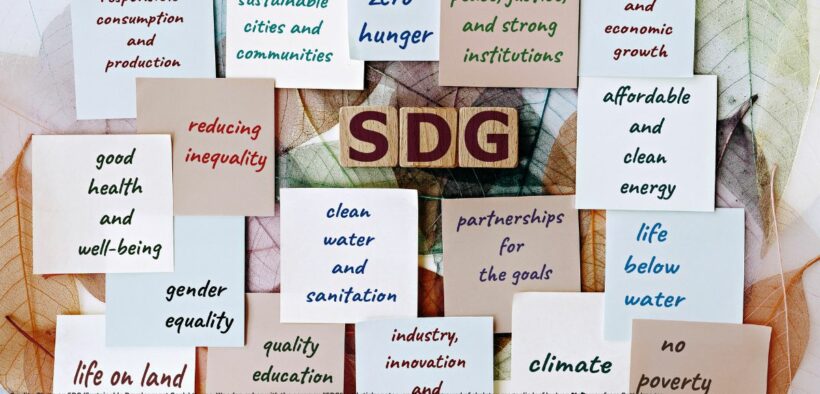The post-SDG era witnessed a significant surge in voluntary sustainability disclosure policies, with mandatory ones constituting 55.2% pre-2015, while post-2015, 64% of global policies are voluntary. According to the 2023 Carrots & Sticks (C&S) report, this global trend is part of a broader proliferation of ESG policies around the world, which includes steady growth in the utilization of the GRI Standards.
C&S 2023 tracks a four-fold increase in the number of sustainability policies since 2020, with the continued shift towards more responsible global governance coinciding with the rise in corporate disclosure and reporting policies for businesses.
C&S, delivered since 2006 by GRI and the Stellenbosch University Business School, initially with support from the UN Environment Program, welcomed two new partners for 2023: King’s College London and the University of Edinburgh. The Carrots & Sticks database now boasts over 2,400 policies from 132 countries.
“Disclosure policies are the most compelling instruments to drive change in corporate behaviour,” said Peter Paul van de Wijs, GRI Chief Policy Officer.
“That is why we call on policymakers to adopt effective policies and regulatory frameworks that support the alignment of private sector disclosures with sustainable development.”
“And as the 2023 Carrots & Sticks report reveals, there has been a proliferation of new ESG and sustainability-related policies.”
Key findings of C&S 2023 include:
- Voluntary policies have limited influence on private companies, with most regulations being restrictive and not specific.
- Clear, jargon-free ESG policies are most effective – yet that is not the case for 75% of the policies tracked.
- There is polarization in the SDGs most targeted by policies: SDG8 (Decent work and economic growth), SDG 12 (Responsible consumption and production), and SDG 3 (Good health and well-being). In contrast, SDG 17 (Partnership for Global Goals) and SDG9 (Industry Innovation and Infrastructure) are rarely addressed.
C&S 2023 finds that disclosure policies (the ‘sticks’) can help provide companies with clarity on required, permitted, or prohibited actions because they are more likely to compel action.
Companies perceive disclosure policies as two to three times more business-restrictive than other sustainability policies. Meanwhile, softer measures (the ‘carrots’), such as ESG-linked grants and effective public/private coalitions, can incentivize businesses to undertake sustainability reporting.
“Mandatory policies often lack the specifics on essential actions and behaviours,” said Adam William Chalmers, University of Edinburgh Associate Professor, Politics and International Relations.
“The clarity and simplicity of ESG and Sustainability policies also play a pivotal role, making a marked difference in how firms articulate sustainability in their CSR reports.”
The GRI Standards are now referenced or required in 259 policies of 85 countries around the world, more often than any other sustainability reporting framework, signalling the growing role of GRI as the enabler for businesses to provide complete, comprehensive, and comparable reporting on their impacts.
Monitoring of ESG policies is pivotal in allowing effective policymaking, while it also supports better-informed decision-making by companies and their stakeholders. As such, the C&S is being improved to reflect new metrics, AI resources, and updated comparative frameworks.
GRI thanks the Government of Sweden for their financial support for Carrots & Sticks. The C&S 2023 report was presented at the UN 2023 SDG Summit in New York City, during the event Aligning Private Sector Disclosure with the Sustainable Development Agenda.
Global Reporting Initiative (GRI) is an independent, international organization that helps businesses and other organizations take responsibility for their impacts, by providing a global common language to report those impacts. The GRI Standards are developed through a multi-stakeholder process and provided as a free public good.
Menchie Khairuddin is a writer Deputy Content Manager at Akolade and content producer for Third Sector News. She is passionate about social affairs specifically in mixed, multicultural heritage and not-for-profit organisations.




























































































































































